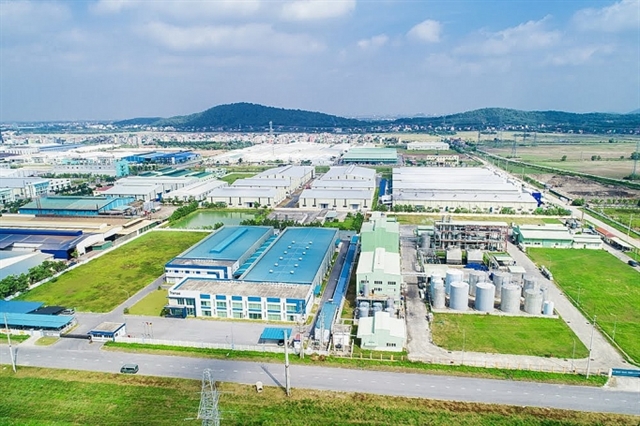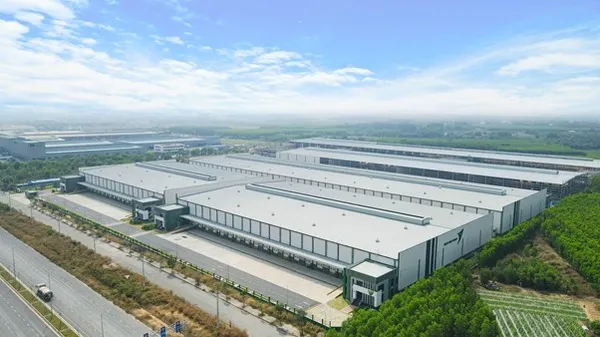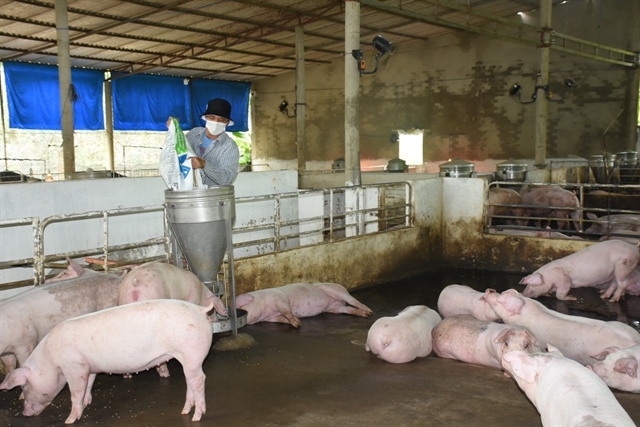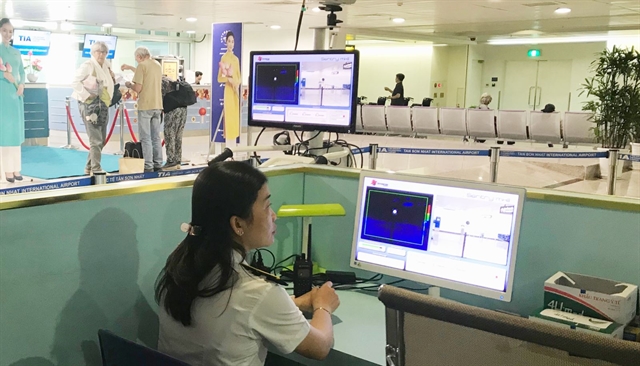 Economy
Economy


|
| A farmer in Bà Rịa-Vũng Tàu Province feeds his hogs. Việt Nam's reliance on feedstock imports has exposed farmers to the risk of global price fluctuations. — VNA/VNS Photo Hoàng Nhị |
HÀ NỘI — The upgrade of Việt Nam-US relations to a Comprehensive Strategic Partnership will usher in a new era of possibilities, including improved access to cheap feedstock for Việt Nam's husbandry sector.
Việt Nam has never been self-sufficient in terms of feedstock. The country every year has to import 70 per cent of its husbandry sector's demand, mostly from Brazil, Argentina, and India. The import dependency has put farmers at the mercy of global price volatility for quite a while.
But the price vulnerability will soon be no more. After US President Joe Biden's visit to Việt Nam, the Vietnamese Ministry of Agriculture and Rural Development and the US Grains Council had a meeting to discuss promoting bilateral trade in agriculture.
The meeting has paved the way for potential future agreements, which will facilitate the import of American corn to Việt Nam. With another source of corn unlocked, Vietnamese animal feed producers will be able to expand their pool of suppliers and get more competitive offers.
"Animal feed factories in Việt Nam will benefit greatly from the Comprehensive Strategic Partnership thanks to the improved access to the US's raw materials," said Phạm Quang Anh, Director of the Vietnam Commodity News Center.
According to the Department of Livestock Production, Việt Nam imported 8.2 million tonnes of feedstock in the first six months of 2023, worth US$3.4 billion. The US remained Việt Nam's second-largest exporter of soybeans but was never among the major exports of corn to the country.
There are 269 factories of animal feed in Việt Nam to date, with a total capacity of 43.2 million tonnes per year. However, the factories are running under capacity, producing just 20.8 million tonnes annually.
Nguyễn Xuân Dương, Chairman of the Animal Husbandry Association of Việt Nam, cited supply-demand imbalance as the main cause behind the factories not meeting their designed output.
He called on the Government to not incentivise the construction of new factories until 2030 to avoid overcapacity. He said if such factories are built, they should be located in areas where the potential of livestock farming has not been fully unlocked.
He also called for measures to encourage the use of alternative materials, such as seaweeds, in animal feed production to be less reliant on corn and soybean imports. He also suggested a rise in tariffs on several types of imported feedstock, such as mineral powder, to foster self-sufficiency. — VNS




